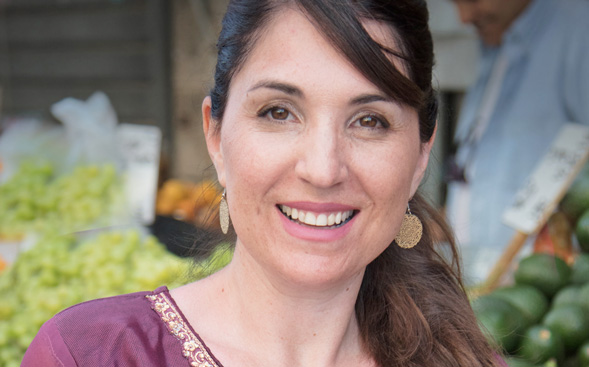
FROM SARAH, OUR SABRA
ON THE GROUND IN ISRAEL
Dear Friend,
Greetings from the Holy Land. At this time of year, whether you celebrate Hanukkah or Christmas or both, you may be on sensory overload from all the elements of the holidays.
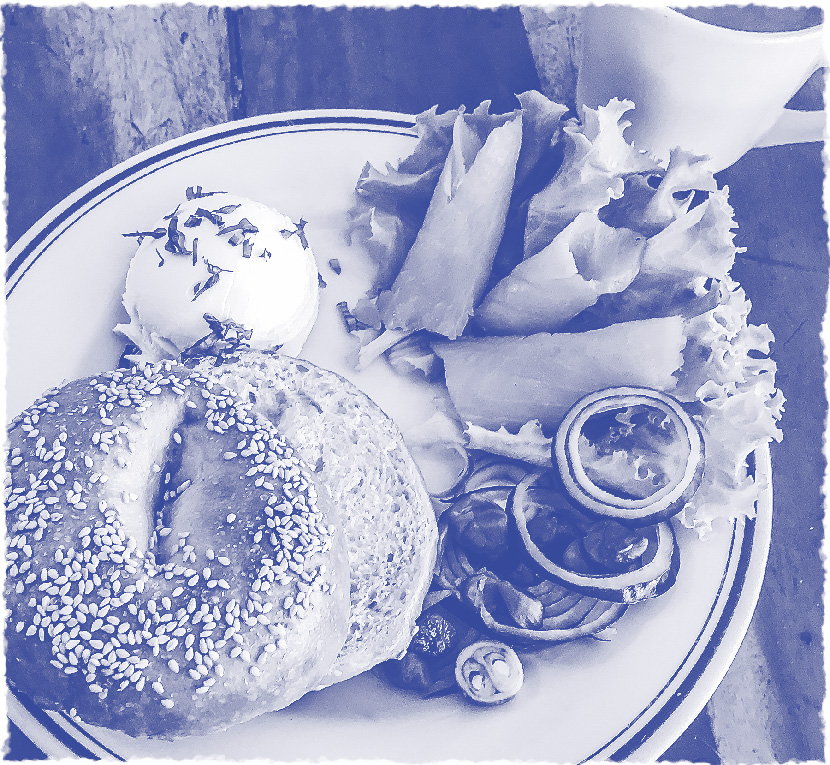
credit: photo by Fran Hogan (Wikimedia Commons)
God created humans with multiple senses, which provide information from the outside world for our brains to process in order to keep us healthy, safe, and responding appropriately to our surroundings. Most of the information processed comes from our sensory organs: skin, ears, eyes, nose, and tongue.
Once the organs receive this data, specialized cells translate the information into signals for our nervous system. That system transmits messages to the brain, which then interprets them, producing what we know to be our five key senses: touch, hearing, sight, smell, and taste.
A Natural Process
Recall the last time you ate a favorite meal. First you saw the food — the colors, textures, and shapes — and anticipated what was coming. We have a saying in the Middle East: “The eye eats first.” This means that seeing your food is part of what makes it appetizing (or not). Next, you may have smelled the food, recalling the familiar aroma. Then, after seeing and smelling, you likely tasted the food.
Eating is a very physical process. That’s why it is odd to find this verse in the Bible: “Oh taste and see that the Lord is good” (Psalm 34:9). How can we taste goodness? Why is tasting God’s goodness, as if it were a food, connected to trusting in Him?
Two Important Questions
In my work of traveling and speaking to groups and conferences, I also have opportunities to sit and pray with attendees. Hearing their concerns affords me insight into their hearts. I find that most people struggle with two pivotal questions, the answers to which will transform their lives forever.
THE FIRST QUESTION: IS GOD GOOD?
If I pose this question to an audience of Believers in Yeshua/Jesus as Messiah, most of them agree that God is good. Then, I caution them to consider their response with another question: Given the reality of wars, hunger, suffering, abuse, and so forth, are they absolutely certain that God is truly good?
Here in Israel, if you ask a secular Jew whether God is good, most will consider the Holocaust and struggle to reply, “Yes.” They almost always raise these two questions: “Where was God in the Holocaust? If God is good, how did He let that happen to us Jews?”
If you think about the first question and cannot attest with 100% certainty that you “know that you know” that God is good, I encourage you to get alone with the Lord and develop a conversation with Him until you can acknowledge this truth. In a sense, you must spend time wrestling with God. Knowing that God is good, beyond any doubt, is foundational for every Believer.
THE SECOND QUESTION: IS GOD GOOD TO ME?
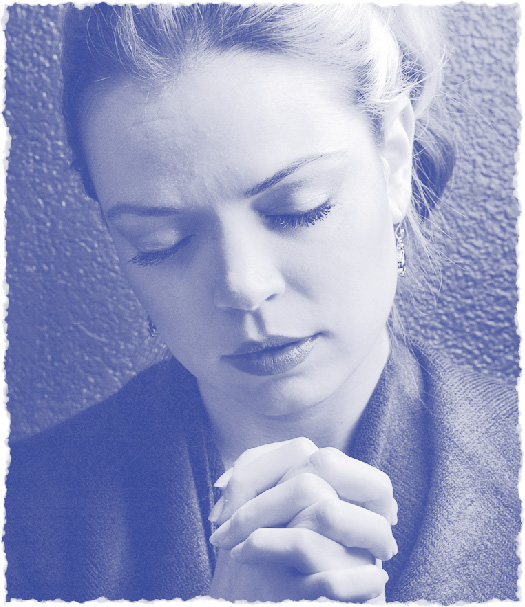
If you answer the first question with a resounding yes, this second question is equally important to consider. Many people affirm the idea that God is good — He is merciful and gracious. Related to their personal circumstances, however, often their trust in God’s goodness wavers.
Sometimes it is easier for us to recognize God’s goodness to others than to see it in our own lives. We may conclude something like this: “Yes, God is good … to that person … but for me, God has run out of goodness.” Or perhaps we reflect: “Yes, God has been good to me in the past, but I’m not sure if He will come through again.”
Human Limitations
This reasoning happens because we, as humans, live with earthly limitations. We need resources like money, energy, and time. These are limited, and we must manage them well and not be wasteful or we will come up short.
Unfortunately, we occasionally ascribe our human limitations to God. We may wonder if there’s a limit to God’s goodness. Perhaps in the past we have experienced limited resources (food, shelter, clothing, etc.) or had a painful experience that taught us that humans have restrictions. As a result, we may think that God doesn’t have enough resources, must allocate them carefully, and thus He may not share them with us.
Knowing without a doubt that God will always be good to me will transform how I live. That’s because if I know that God is good and always will be, I have nothing to fear. I can obey with less hesitation when God reveals His will for me. I can rely on Him and rest in the certainty of His goodness, even when my circumstances don’t align with my understanding (Proverbs 3:5–6).
Jacob’s Transformation
Jacob’s behavior changed profoundly when he understood the goodness of God. As a young man, he followed his mother Rebecca’s deceptive plan for him to receive the blessing of the firstborn, even though he was the second-born twin. Where did Rebecca come up with this idea? She came from a family of manipulators. Jacob discovered this when he went to Laban (Rebecca’s brother) and joined his uncle’s household. Laban manipulated Jacob into marrying Leah, Laban’s older daughter, instead of Rachel, the younger daughter whom Jacob loved.
Genesis chapter 27 describes how Jacob deceitfully impersonates Esau to receive the firstborn’s blessing from his father. Isaac (who is blind) can sense that something is wrong. Isaac wants to know if it is truly Esau in front of him. Twice, Jacob lies and claims that he is Esau; finally, Isaac blesses Jacob. But after Esau returns from hunting and discovers what has happened, Esau vows to kill Jacob. Thus, Jacob runs away to live with his mother’s family.
Jacob spends approximately 20 years in Laban’s house. Laban not only tricks Jacob into marrying Leah, but also continues changing the terms of Jacob’s employment. Even so, nothing can stop God’s blessing on Jacob’s life. Each time Laban tries to outsmart Jacob, God casts His favor on Jacob’s life. This is so undeniable that even the heathen Laban admits: “I have learned by divination that the Lord has blessed me because of you” (Genesis 30:27).
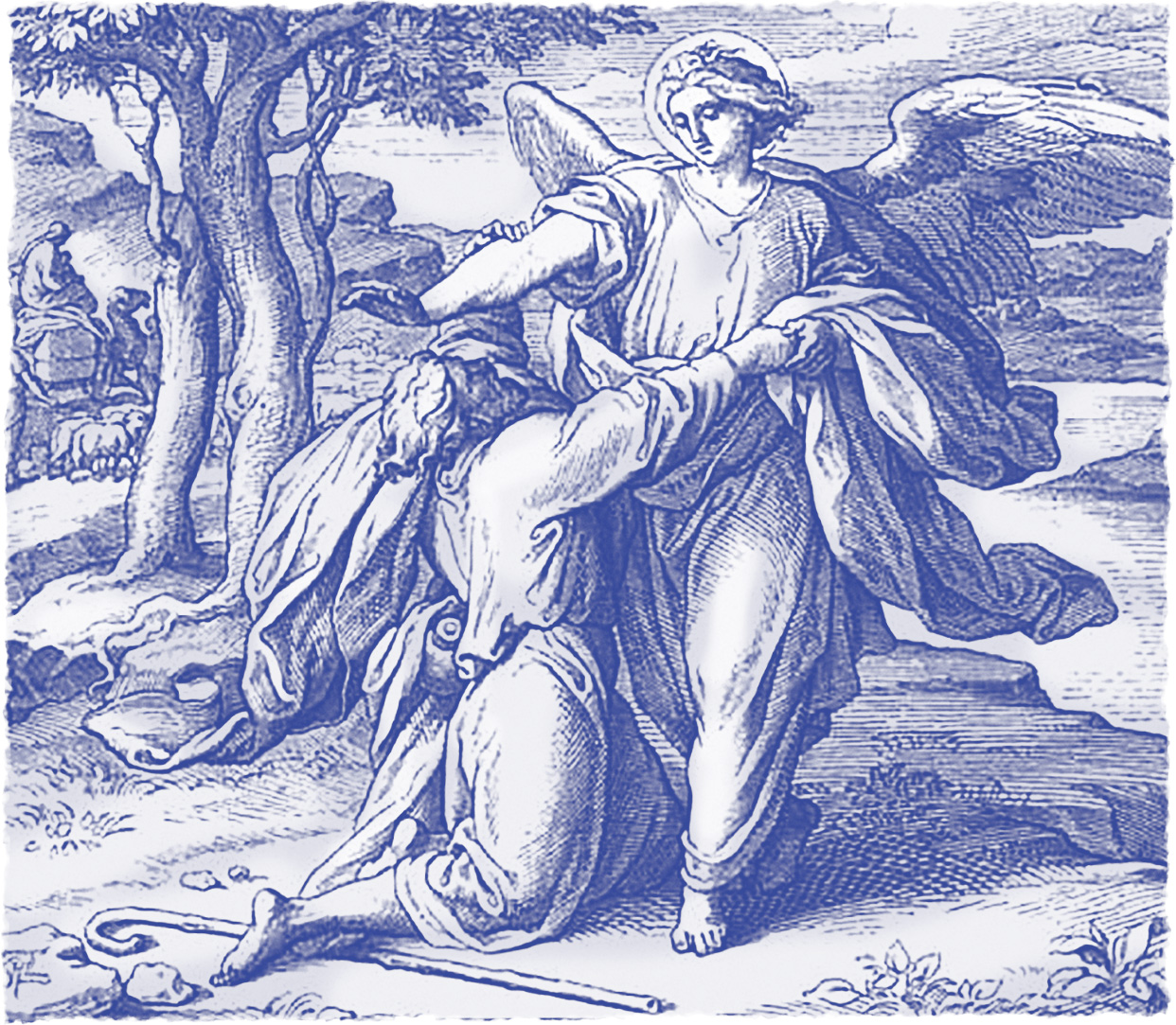
Time after time, Jacob experiences the goodness of God. Eventually, Jacob learns that Laban’s sons are jealous of his success. After receiving God’s guidance, Jacob embarks on a journey back to Canaan, the land of his father and grandfather. As he travels, Jacob remembers his brother’s vow to kill him. Once again, Jacob’s fear leads him to doubt God’s ability to protect and guide him.
Benefits of Wrestling with God
As they approach the Promised Land, Jacob sends all of his family and possessions across the Jabbok River. He remains alone, and that night “a Man” (Gen. 32:24) wrestles with him. Around dawn, the Man tells Jacob to let Him go. But Jacob responds: “I will not let You go unless You bless me” (Genesis 32:26). The Man replies with an odd question: “What is your name?” (Genesis 32:27). Why does the Man (whom we soon discover is God Himself) ask Jacob his name, of all questions?
Notice Jacob’s response: “‘Jacob,’ he answered” (Genesis 32:27). The name “Jacob” means “heel catcher” (because Jacob grabbed Esau’s heel during their birth) or “supplanter” — essentially one who displaces or deceives. I believe that when Jacob answered God, he responded with his head down in a quiet voice. Jacob acknowledged his lifestyle of manipulating and lying. He confessed his identity as he sought to get the blessing in his own power. After Jacob admitted his real identity, God announced his true identity: “Your name will no longer be Jacob, but Israel, because you have struggled with God and with humans and have overcome” (Genesis 32:28). God renamed this man for who he truly was — what his destiny was to be: an overcomer.
Through wrestling with God, we, like Jacob (Israel), can overcome fear and doubt. Then, as we firmly believe that God is good — to us, personally and continually — it is easier to accept and follow God’s will. When you know without a doubt that He is good to you, you will be bold and steadfast in your walk with the Lord. You will instinctively trust in God and will experience this truth: “Blessed is the man [or the woman] who trusts in Him” (Psalm 34:9).
Im tirdefu lada-at oto —
“Press on to know HIM!” (Hosea 6:3 NLT),
Sarah Liberman
P.S. Do you have a story about God’s surprising goodness in your life? I would love to hear from you! Please write to me at our P.O. Box or staff@levitt.com. ✡
 : The Most Wonderful Time of the Year
: The Most Wonderful Time of the Year
Some people consider December the most wonderful time of the year, but can I tell you a secret? March is the best time of the year … to visit Israel! Its beauty in March is simply breathtaking!
This past March, Kirsten and I, along with the TV production team, taped Much Like Peter, our most current series filmed in Israel. It’s worth viewing repeatedly to see the unparalleled splendor of the Holy Land in the spring. And guess what? In March 2023, we’re celebrating 40 years of making Zola Tour Pilgrimages to the Covenant Land, and we want you to join us for that trip!
Imagine giving your family the Bible study tour of a lifetime. In October, we had a family join us with their three children, ages 12, 10, and 8. What a wonderful legacy to give your children or grandchildren! Please contact Sandra, our travel manager, at 214-696-9760, travel@levitt.com, or levitt.com/tours. She can help you prepare for your journey of a lifetime!
| Deluxe — Israel | March 13–23 | $5,788 |
| Grand Petra — Israel & Petra | March 13–26 | $7,288 |
A Note from David and Kirsten Hart
BELL RINGING
It’s difficult to shop anywhere during December and not see the traditional red donation buckets and hear volunteers ringing bells. The Salvation Army seems almost omnipresent in seeking year-end contributions. They have discovered that even pocket change from enough people can impact their ministry.
Zola Levitt Ministries has never situated bell ringers outside stores. Perhaps if we did, we would have fewer financial concerns. While we won’t ring bells or knock on doors, we do depend upon a steady flow of donations to continue our outreach.
GELT AND GIVING
In this month’s Levitt Letter, I (Kirsten) wrote about the tradition of giving gelt (Yiddish for “money”). Hanukkah gelt can be gold-wrapped chocolate coins for children, or monetary gifts for charities or Jewish teachers. Thanks to the cost effectiveness of our television broadcasts, www.levitt.com, and bulk-mailed newsletters, your gelt goes a long way when you invest it in Zola Levitt Ministries.
Our production team recently discussed some upcoming filming for Our Jewish Roots. Honestly, finances are quite challenging as of late. We sincerely hope and pray that we can remain on television until the Rapture. (Come quickly, Lord Jesus!) While we want to present new Bible teaching each month, we often rebroadcast previous teaching programs to conserve funds.
Regardless of whether you celebrate Jesus’/Yeshua’s birth on December 25, remember that He, the Light of the world, miraculously came to Earth for you and me. He is our “Savior … the Messiah, the Lord” (Luke 2:11). God’s gift of Himself as a human baby is the greatest present ever given. Receiving Yeshua as your Savior is the most awesome gift you’ll ever receive.
In this season of light, we pray through Yeshua that you find peace that surpasses human comprehension, unspeakable and immeasurable joy, and bountiful hope for tomorrow. ZLM and OJR exist to spread the Good News of Yeshua to all who will hear it.
Blessings to you and your family.
Sha’alu shalom Yerushalayim! —
“Pray for the peace of Jerusalem!” (Psalm 122:6),
David & Kirsten
P.S. ZLM supporters have several ways to help, so please determine your preference. You can donate instantly at www.levitt.com/donate, call us 24/7 at 1-800-WONDERS (1-800-966-3377), telephone our office at 214-696-8844 during business hours, or mail a check to P.O. Box 12268, Dallas TX 75225-0268. Envelopes postmarked by December 31 will count for 2022. ✡
Our Jewish Roots TV programs in December
We finish this year with an encore, yet timely presentation on the preparations being made for the next Temple. The Temple Preparations program is a viewer favorite. We Believers are witnessing ancient prophecies being fulfilled right before our very eyes! Like many others, you may find new insights each time you watch this program.
- Temple Preparations
- Besides seeking suitable candidates for a red heifer without defect, other prophetical preparations are taking place for the next Temple in Jerusalem. These include gathering ingredients for the incense offerings, training for the priestly duties, and creating articles to be used in ceremonial worship.
Also this month, we devote two OJR episodes to highlight this past year’s television production and to spotlight the Bible teaching we plan to bring to you in 2023. These timely programs are recorded just a few weeks prior to their airing dates. We have a lot of fun while taping, and we hope you love watching them as much as we enjoy creating them.
- The Year in Review
- David and Kirsten Hart join Dr. Jeffrey Seif in reviewing the teaching series presented during this past year. These include 1) The Warrior King, 2) Kings and Kingdoms, 3) Jeremiah: Hope Over the Horizon, 4) Faith of Our Fathers, and 5) Much Like Peter. What an impressive array of meaty Bible teaching!
- 2023 — The Year Ahead
- David, Kirsten, and Jeff preview some of the teaching series planned for next year including 1) Ezekiel, 2) Miracles (working title), 3) Sar Shalom: Prince of Peace, 4) Faith for the Future, and 5) She Shall Be Called Woman.
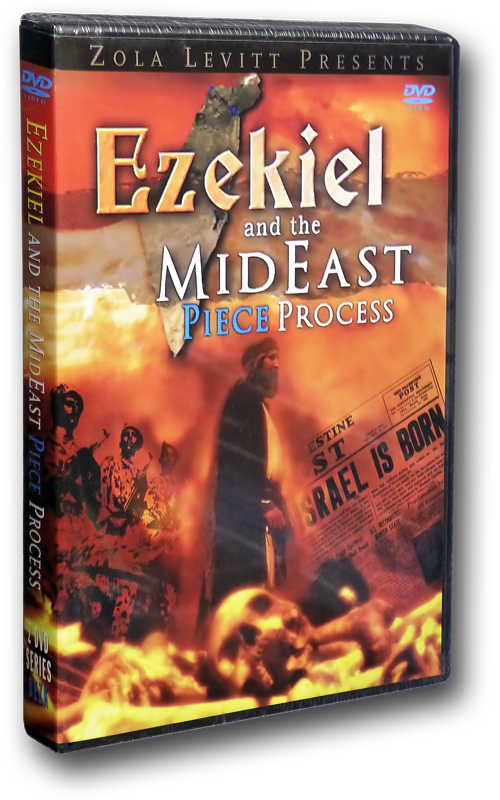
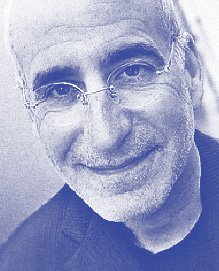
Ezekiel and the MidEast “Piece” Process
In this 4-part series, Dr. Jeffrey Seif, David, and Kirsten take viewers into one of the Bible’s most mysterious and fascinating books. Ezekiel prophesies Israel’s re-emergence as a nation-state at “day’s end,” and also warns that neighboring nation-states will marshal military resources as they seek to annihilate the fledgling state.
- The God of Israel Strengthens
- Ezekiel’s name means “God strengthens.” Reared as a priest in Jerusalem, Ezekiel finds himself among the exiles who are relocated to Babylon. His encounter with God in a Heavenly vision launches his prophetic message to a wayward people.

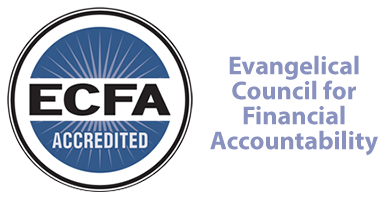 Zola Levitt Ministries is ECFA approved and has Charity Navigator’s top rating of 4 stars, plus Ministry Watch’s Give With Confidence Score of 100.
Zola Levitt Ministries is ECFA approved and has Charity Navigator’s top rating of 4 stars, plus Ministry Watch’s Give With Confidence Score of 100.


